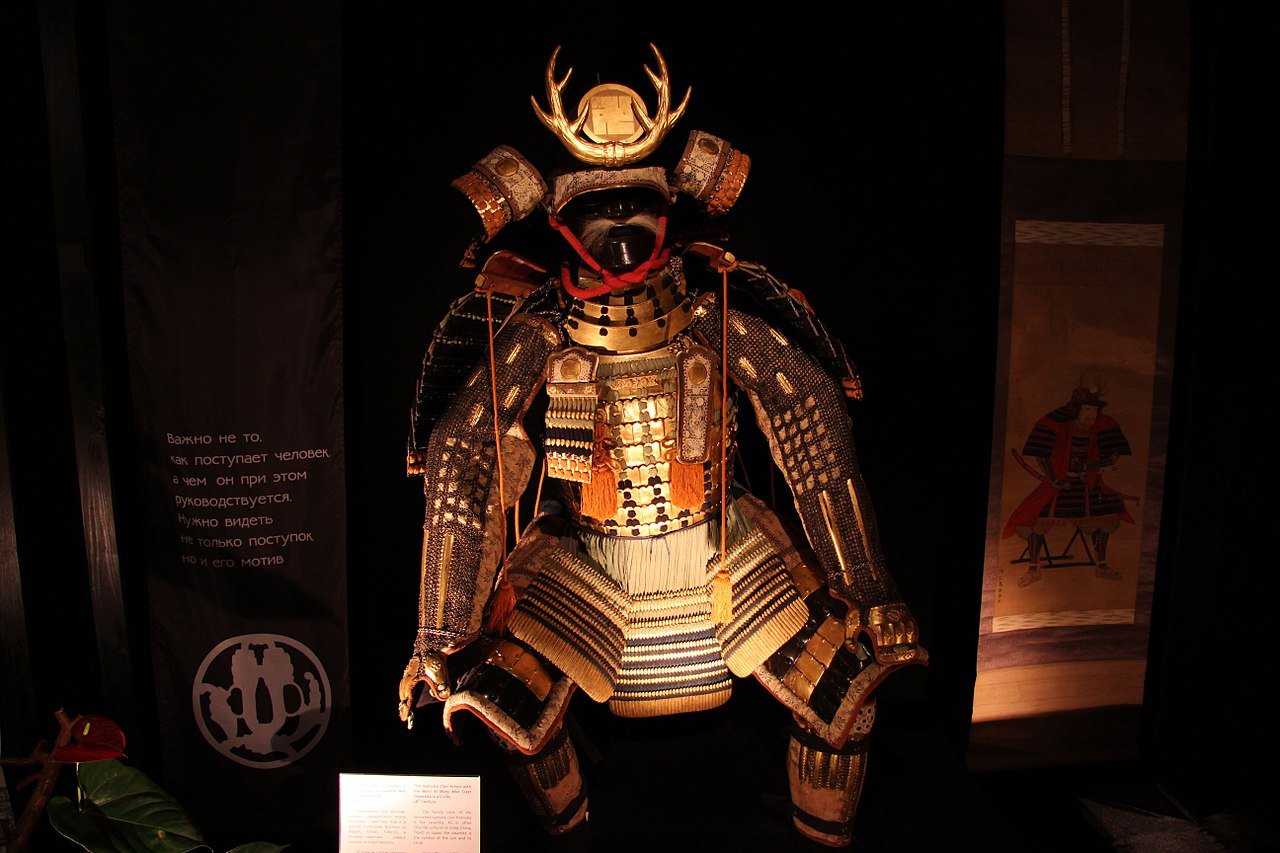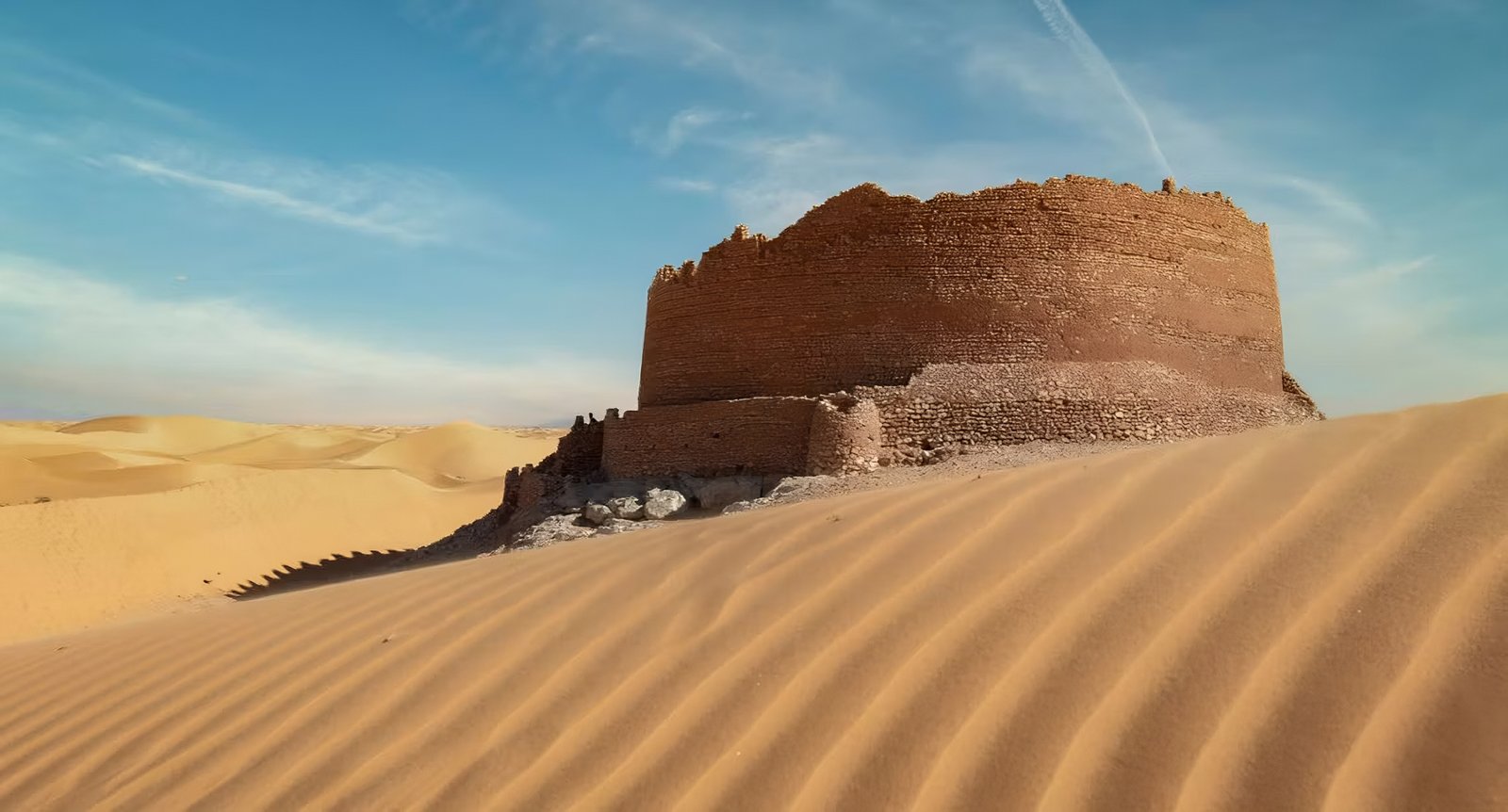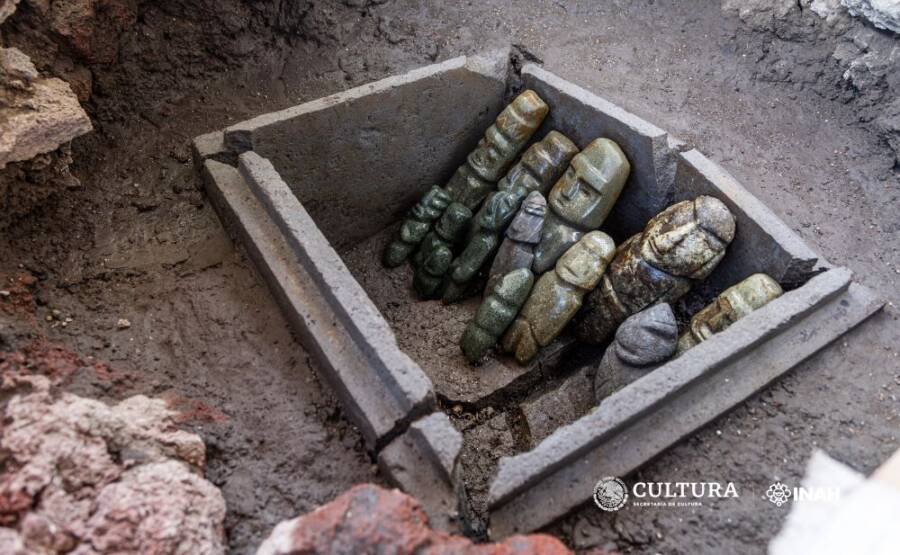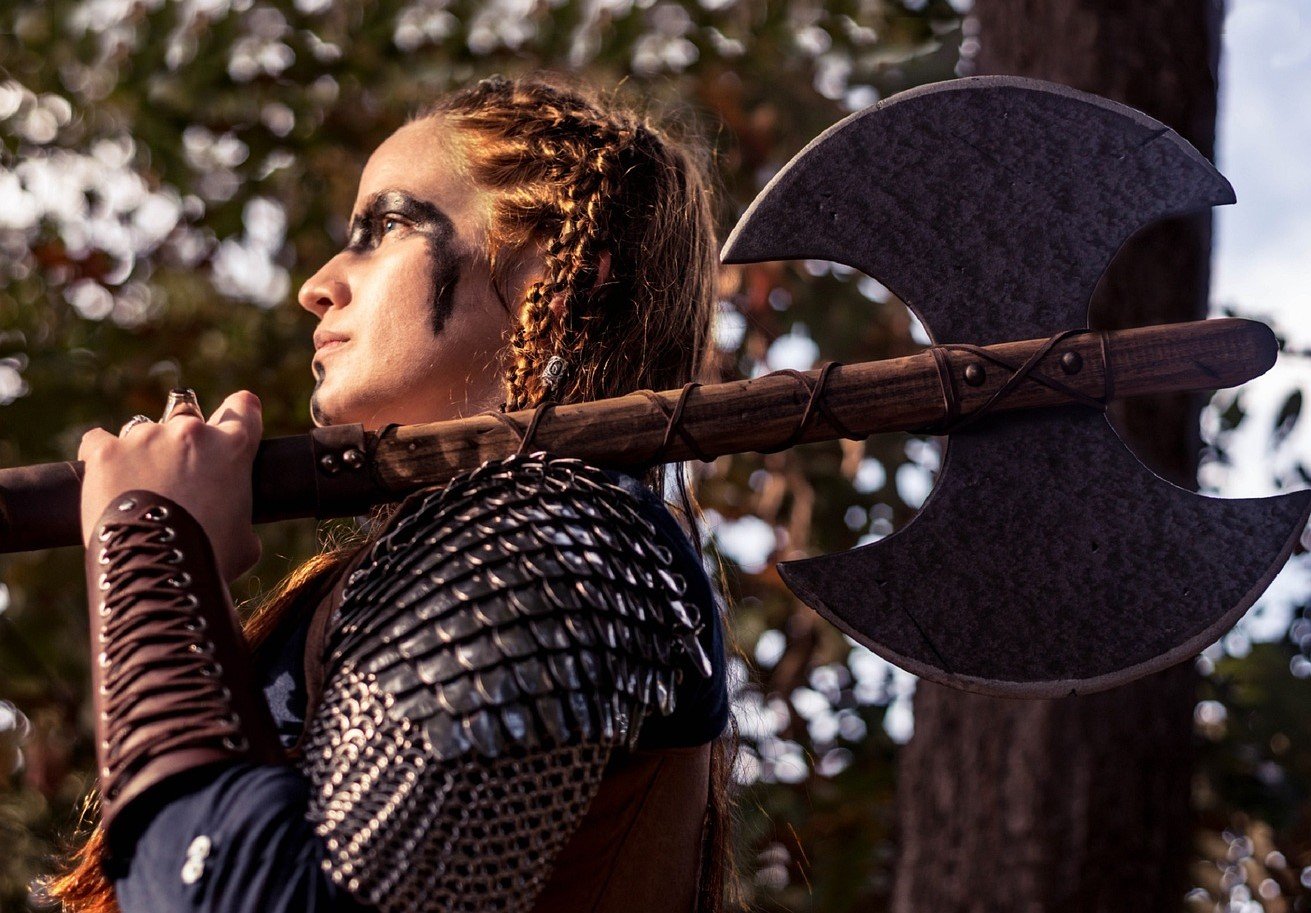Introduction
The role of Cronus in the Greek Mythology.
Cronus is a giant Titan who ruled over time, the harvest, and his children. His is a story of power, deceit, and the irresistible will of fate.
Cronus in the Greek Pantheon.
Cronus was one of the first generation of Titans who were the powerful deities who ruled the cosmos before the arrival of Olympian gods. In order to avoid being deposed by his children he ate them as they were born. In order to escape the wrath, Pandora opened a box, which triggered a cosmic conflict that defined Greek mythology.
Preliminaries to Exploration in the Article
The complexity and multi-faceted nature of Cronus will be discussed in this paper, looking at his place in Greek creation myths and his use in literature and art. We will go through his motives, actions, and their reverberations that were felt ever since.
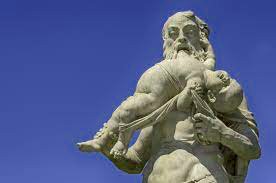
The Titan Gods of Time and Harvest, namely Typhoeus – Cronus in Greek Creation Myths
Temporal and fertility domain of A. Cronus.
Cronus, the titan of time, measured the rhythmic changes of seasons and the inexorable movement of time. Appropriate sign was the scythe the symbol of fertility and harvest, which made the land bring forth its fruits, and the crops grow, for his god.
How the Scythe Becomes Symbolic of the Harvest
The sickle was closely linked with Cronus’ image. febbra It was symbolic of the cyclical nature of agriculture and the inevitability of change as well as control of nature. The harvester with the sharp blade symbolized that which passes the moments, the ever changing seasons and the changing natures.
Cronus as a cosmic force regulating time
This is not to say that Cronus’ association with time is limited to agriculture. He was the cosmic power responsible for the unfolding of time in the ordered way so that the universe continued to go on. His supremacy over time illustrated his colossal authority and his status as a formulator of the cosmos.
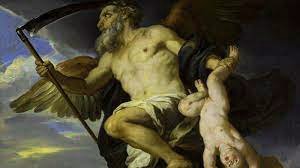
Genealogy and Paternal Anxieties – Cronus in Greek Creation Myths
Cronus, the son of Uranus and Gaia.
Cronus comes from the chaos as the son of Uranus – the Sky Father and Gaia – the Earth Mother. This union started the Titan dynasty, a mighty lineage of cosmic rulers that preceded the emergence of the Olympians.
Uranus’ relationship with Gaia was rife with hostilities. Uranus was known for his rule as a tyrant who did not consider his children. He imprisoned the Cyclopes and Hecatonchires who were monsters born from Gaia. Such an act of cruelty provoked Gaia’s anger, and she allied with Cronus to overthrow her oppressive husband.
The Fears of a Father Causing the Actions of Cronus in Greek Mythology
Uranus’s actions had been prompted by his fears of being deposed from his leadership. Gaia implanted in Cronus a similar fear of his offspring. Cronus’s fear turned to reality, as he swallowed his offspring to stop them from growing and overthrowing him.
The Castration of Uranus – Cronus in Greek Creation Myths
Cronus’s crucial contribution to the deposition of Uranus.
Once again, as a pivotal point in Greek mythology, Gaia convinced Cronus to castrate Uranus and ended his tyrannical reign. Cronus attacked his father with a sickle under the cover of darkness and chopped off his genital organ into the sea.
To Power Struggle and Titanomachy.
How Cronus came to the throne in Tityous.
Having bound Uranus, Cronus became the new king of the Titans and initiated a new reign. Order and stability during his rule was in sharp contrast with the chaos during that of his father.
Titanomachy and conflict with Olympian gods
Cronus tried to preserve the order, but his downfall loomed in the prophecy. Fearing that his own children would overthrow him, Cronus resorted to a desperate measure: as his offspring were born, he started feasting on them.
Cronus devouring his children led to the conflict between the Titans and the Olympian gods. The Titanomachy is a war that lasted for ten years, which is epic.
The eventual downfall of Cronus by his own progeny
However, despite the might of Cronus and the other Titans, the Olympians were the winners. Zeus, with help from his siblings and the Meliai (ash tree nymphs) make Cronus to spit out his swallowed children.
Titanomachy was significant as it meant the end of Titans and the beginning of Olympian gods era. Cronus, having previously been the supreme ruler, was consigned into the depths of Tartarus, just deserts for his maternal oppression.
The Swallowing of Cronus and his children
An act of paternal devouring as a result of the prophetic fear.
Gaia, Cronus’s mother had delivered a prophecy that the children of Cronus will eventually overthrow him. She prophesied that one of Cronus’s children would take his place, in the same way he had done to his father, Uranus.
However, Cronus had a prophecy that instilled severe anxiety within him, compelling him to commit the atrocious act of swallowing his kids. He thought that by killing his possible successors he could safeguard his position of power and avoid the doom of his dad.
Interpretations of Cronus’s Actions and Psychological Symbolism
Interpretation of Cronus’s act of eating his children has varied in different eras. However, for others it is a symbol of primal fear of losing power and authority that is sometimes expressed into destructive and suicidal behaviour.
Some people view it as a metaphor for life, death, and resurrection. The act of swallowing and spewing of his children resembles the passage of seasons through the dark of oblivion.
There is a psychological aspect of Cronus’ acts which can also be interpreted as an underlying anxiety and trauma. It demonstrates an inverted view of his own person, and his fear of paternal overthrow reveals the lack of adaptive capacity to a situation where his progeny surpass him.
Zeus and his brothers’ eventual liberation.
However, the youngest member of this family managed to elude his father even though Cronus tried desperately to prevent it. Zeus was raised in secrecy and later challenged his father for freedom of siblings locked up by Cronus inside him.
The triumph of light over darkness, the victory of order over chaos and the triumph of the young over the old that was signified by Zeus’s victory over Cronus. This made Zeus the ruler of all the Olympians which marked a new age of divine administration.
Cronus in Comparative Mythology – Cronus in Greek Creation Myths
Exploring Parallels with other Cultural and Religious Stories.
Cronus, the titan of time and harvest, has a story that links to creation myths and stories from most parts of the world. However, the underlying themes and archetypes that are present in these stories bear striking similarities, despite the difference in cultures.
Common Motifs and Archetypal Elements across World Myths
Fear of Overthrow and God’s Own Struggle for Supreme Power
There are many creation myths that carry one common motif of a father who fears his children might overthrow him. Such kind of fear arises often as result of prophecies or because it is believed that established order has come under certain threats.
In the Egyptian mythology, Geb, the god of the earth is threatened by his son Osiris who will be the king of the gods. Geb enforces some measures to avoid resurrection of his adversary, Osiris. Nevertheless, despite being defeated, the adversary rises.
The supreme god Odin always fears Ragnarök, a great war that will end in the world destruction according to Norse mythology. It explains his restless drive for knowledge and power which is borne out of this fear.
Devouring of Children and Cycle of Life, Death, and Rebirth Instruction: Convert the given sentence from AI written to human written
An illustration of a deity devouring one or more of its own children is a striking and provocative theme of many mythologies. This symbolizes the inherent malevolence associated with unbridled frenzy and the interminable sequence of birth, life, and demise.
In Aztec mythology, there is a goddess called Cihuatcoatl, who represents childbirth and death, and consumes her own children as a sacrifice to the gods. This act represents life, which is constantly recurring.
The primordial chaos goddess, Tiamat, threatens to destroy the cosmos in Mesopotamian mythology. Ea, the god of wisdom, overpower Tiamat, and cut her up with his sword, dividing her into pieces which became the earth and formed Mesopotamia out of it. The cycles of destruction and creation signify that the Universe is cyclic in character.
Conclusion
Cronus, the Titan of Time and Harvest, is a significant character in the Greek mythology, and his story is woven with power, misrepresentation, and the cycling of existence. By virtue of his dominion over time, his symbolic association with the scythe, and his participation in the Titanomachy, he manifests his mighty standing in the Greek cults.
FAQs
Why was Cronus apprehensive that his children would one day overthrow and replace him?
The main idea behind Cronus’s story was his fear that his children would overtake him and, as a result, he committed cruelty towards his offspring. It is indicative of the long-standing angst of excessive patriarchy, as well as contestation in the divine realms.
How does Hesiod describe Cronus in “Theogony”?
Cronos is not a simple figure in Hesiod’s “Theogony.” He was both a creator and a destructor. Though he brought forth cosmic order among men, a fear towards his children led him to an untimely demise.
Can you point out some cultural parallels to the tale about Cronus?
This motif appears in many myths worldwide about a father being afraid of his kids rebelling against their authority, consuming kids, and castrating the Sky God who represents the cycles of creation and destruction.
How will Cronus’ legacy survive in literature and art?
Artists and writers are attracted by the story of Cronus for centuries, and his usual appearance is a scythe and a harsh look. It explores the issues surrounding power, fear, and human nature in a manner that makes his myth remain relevant today.


